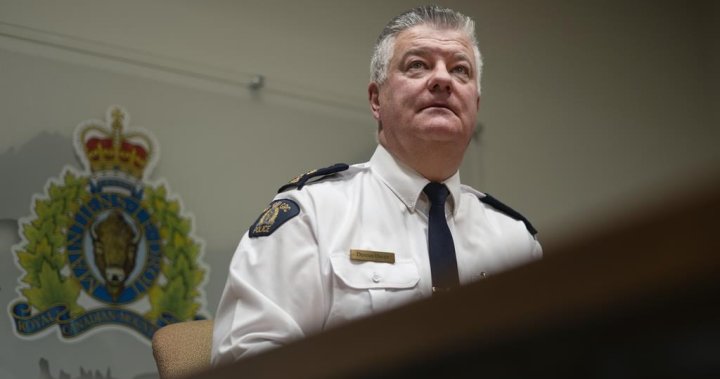
N.S. RCMP to apologize for street checks, more than 2 years after refusing to do so
Global News
The Nova Scotia RCMP plans to formally apologize for its historical use of street checks, more than two years after the force said it was not planning to do so.
The Nova Scotia RCMP plans to formally apologize for its historical use of street checks, more than two years after the force said it was not planning to do so, and more than four after a study found the practice unfairly targeted young Black men.
The RCMP said in a release that it plans to apologize “to African Nova Scotians and all people of African descent for the harm caused by the historical use of street checks and for other interactions that’ve had a negative impact on the community.”
In order to “inform an apology,” it said the RCMP will be holding 14 community consultation sessions across the province, the first of which took place Monday night in Gibson Woods.
“I know this apology is long overdue. And I acknowledge a lot of work needs to be done to start to rebuild the fractured relationship with the community,” said assistant commissioner Dennis Daley, commanding officer of the Nova Scotia RCMP, in the release.
“That’s why it’s especially important we hear from those who will be affected by the apology; we need to get the apology right and pursue systemic change.”
Consultations are expected to wrap up in November and the apology itself is expected to come in 2024.
Street checks, which are now banned in Nova Scotia, are defined as police randomly stopping citizens on the streets, recording personal information and storing it electronically — a practice sometimes referred to as “carding” elsewhere in Canada.
A provincially-commissioned study of street checks released by criminologist Scot Wortley in March 2019 condemned the practice by the Halifax Regional Police and the local RCMP — which polices the city’s suburbs — as targeting young Black men and creating a “disproportionate and negative” impact on African Nova Scotian communities.





















 Run 3 Space | Play Space Running Game
Run 3 Space | Play Space Running Game Traffic Jam 3D | Online Racing Game
Traffic Jam 3D | Online Racing Game Duck Hunt | Play Old Classic Game
Duck Hunt | Play Old Classic Game











